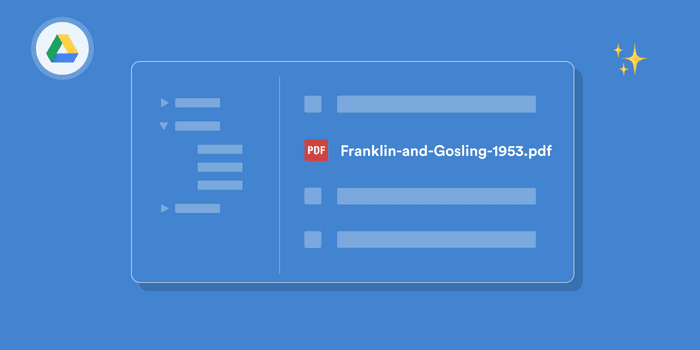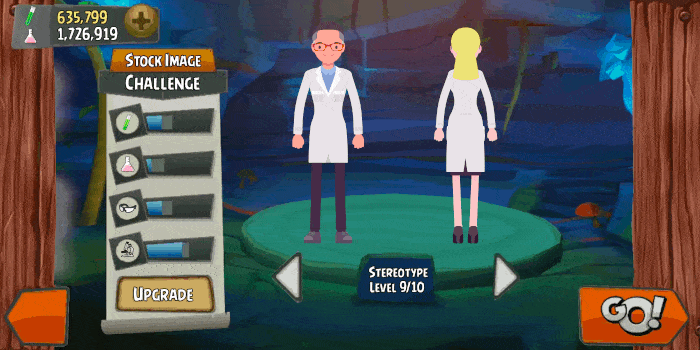Your papers, your way: personalize how your PDFs are saved in Google Drive

You might have just come across Paperpile on your quest to find a better way to organize your PDFs. Or you might have been using Paperpile for a while now building a library of thousands of research papers. Either way, you're going to love our new customization options helping you organize your PDF files in Google Drive with Paperpile.
Free resources for researchers during the pandemic!

In times of a global pandemic, when the world is fighting a common threat against the clock, cooperation in the scientific community is more important than ever. At some point in the (hopefully) near future, we will have medications and vaccines to combat the virus. And this will be thanks to thousands of scientists working tirelessly around the clock to find a cure.
Roberto Busa - Priest, PhD student, pioneer of computing in humanities

Have you ever wondered what religion and computing have in common? The answer is Father Roberto Busa. His work combined both fields and what came out of it shaped the future of computing in the humanities.
Stock images of scientists are hilarious – but it's time to get rid of them

We’ve worked for quite some time on this post (it takes time to make scientists spin in 3D …). So we were indeed surprised as we saw the very same topic trending on Twitter under hashtag #BadStockPhotosOfMyJob right before we hit the “publish” button on this post.
Is this a sign? In any case, it seems it’s finally time to discuss how ridiculous stock images of scientists are.
However, what prompted us to research this topic is not that stock image sites are full of weird images of scientists. A more serious angle is the following question: Why are so many reputable publications actually using those images reinforcing bizarre stereotypes about their own audience and community?
We hope after reading this post, that will be a thing of the past.
Really Springer? That's how you “solved” your fake papers problem?

“Fake news” has been in the news lately. It’s not just a phenomenon of your Facebook news stream, but also a problem in the academic publishing world.
As a scientist, I’m naturally intrigued about the latter and how fake research and sometimes completely fake papers are published. While researching for a blog post on the topic, I revisited Springer’s big fake paper scandal from 2014.
Scandals like that give a company the opportunity to show the public how they deal with problems and how sincere they are about their business. So it comes as a surprise that Springer published this press release a year after the incident making things — in my opinion — even worse.
The statement feels so surreal and bizarre that I decided to postpone my original planned post and just publish the text of the press release and add a few comments. After all, that’s what press releases are for and that was Springer’s intention when they published it.